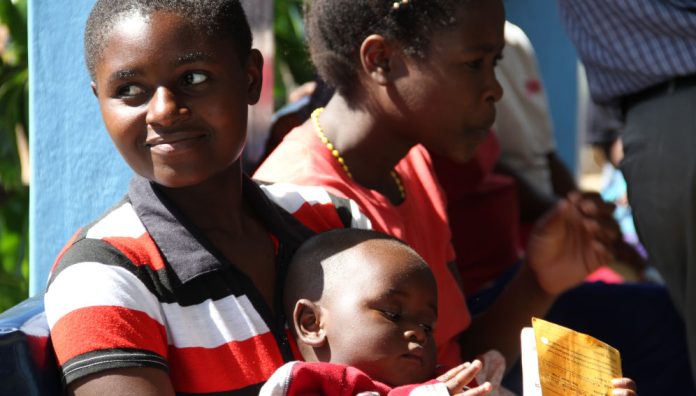
[NAIROBI] Kenya is searching for to cut back maternal mortality by growing entry to fashionable contraceptives for girls who’ve simply given delivery, or had an abortion or miscarriage, the nation’s well being ministry has stated.
The programme targets 4 counties – Isiolo, Makueni, Kwale, and Kakamega – with stubbornly excessive maternal mortality charges and the place the usage of household planning is under 35 per cent.
Kenya’s well being ministry says insufficient experience and funds have hindered efforts to supply postpartum household planning in these areas.
“Contraceptives are essential for girls to make knowledgeable decisions about their reproductive well being.”
Dennis Miskella, senior medical officer and gynaecologist in Embu County, Kenya
Kenya’s maternal mortality fee stays a major public well being concern in Kenya, with 15 out of 47 counties shouldering 98.7 per cent of all maternal deaths.
These high-burden counties face a plethora of challenges akin to poverty, insecurity, insufficient infrastructure, and historic marginalisation, which have led to dismal maternal and new child well being outcomes.
Delivery spacing
Dennis Miskella, a senior medical officer and gynaecologist in Embu County, Kenya, says it can be crucial for girls in Africa to have entry to contraceptives to make sure correct spacing between pregnancies.
“Contraceptives are essential for girls to make knowledgeable decisions about their reproductive well being,” Miskella advised SciDev.Web.
“Girls who’ve had abortions usually tend to get pregnant once more rapidly, making entry to contraceptives important to stop unintended pregnancies and scale back maternal mortality,” he added.
Miskella burdened that post-abortion care can be essential to enhance each the bodily and psychological well being of ladies.
“Each girl’s physique reacts in a different way to contraceptives, so it’s important for healthcare practitioners to information them in choosing the simplest methodology for his or her particular person wants,” he stated.
The programme is a step in the direction of attaining Kenya’s dedication to extend fashionable contraceptive use for married ladies from 58 per cent to 64 per cent by 2030.
Research present that household planning interventions can considerably scale back maternal deaths. Additionally, the World Well being Group (WHO) recommends spacing pregnancies by two years to permit the girl’s physique to completely get well and scale back the chance of problems in future pregnancies.
Contraceptive recommendation
Nevertheless, specialists warning that extra must be finished to deal with the unmet wants of ladies in Kenya, past merely issuing contraceptives.
“Counties want assist for assets for coaching healthcare staff to allow them to supply enough and complete counselling to moms and {couples} on the contraceptive choices accessible,” stated Njeri Nyamu, a public well being specialist and director of Accelerating Publish-Being pregnant Household Planning Integration into Public Well being Care, a undertaking run by the maternal well being non-profit organisation Jhpiego.
Jhpiego, in partnership with Kenya’s council of governors, is supporting the well being ministry by coaching healthcare staff on a wide selection of household planning strategies.
Nyamu says efficient household planning uptake requires medical providers and neighborhood collaboration to deal with cultural norms that stop individuals from absolutely utilising household planning, in addition to skilled providers.
Healthcare staff will obtain coaching to supply recommendation to moms and {couples} about contraceptive choices, whereas neighborhood leaders and teams will likely be engaged to deal with cultural values and myths.
“This isn’t a healthcare staff’ affair alone,” Nyamu added.
“We work with neighborhood leaders and teams to deal with sociocultural constructs, myths, and misconceptions that always negatively affect household planning uptake.”
This piece was produced by SciDev.Web’s Sub-Saharan Africa English desk.









































































